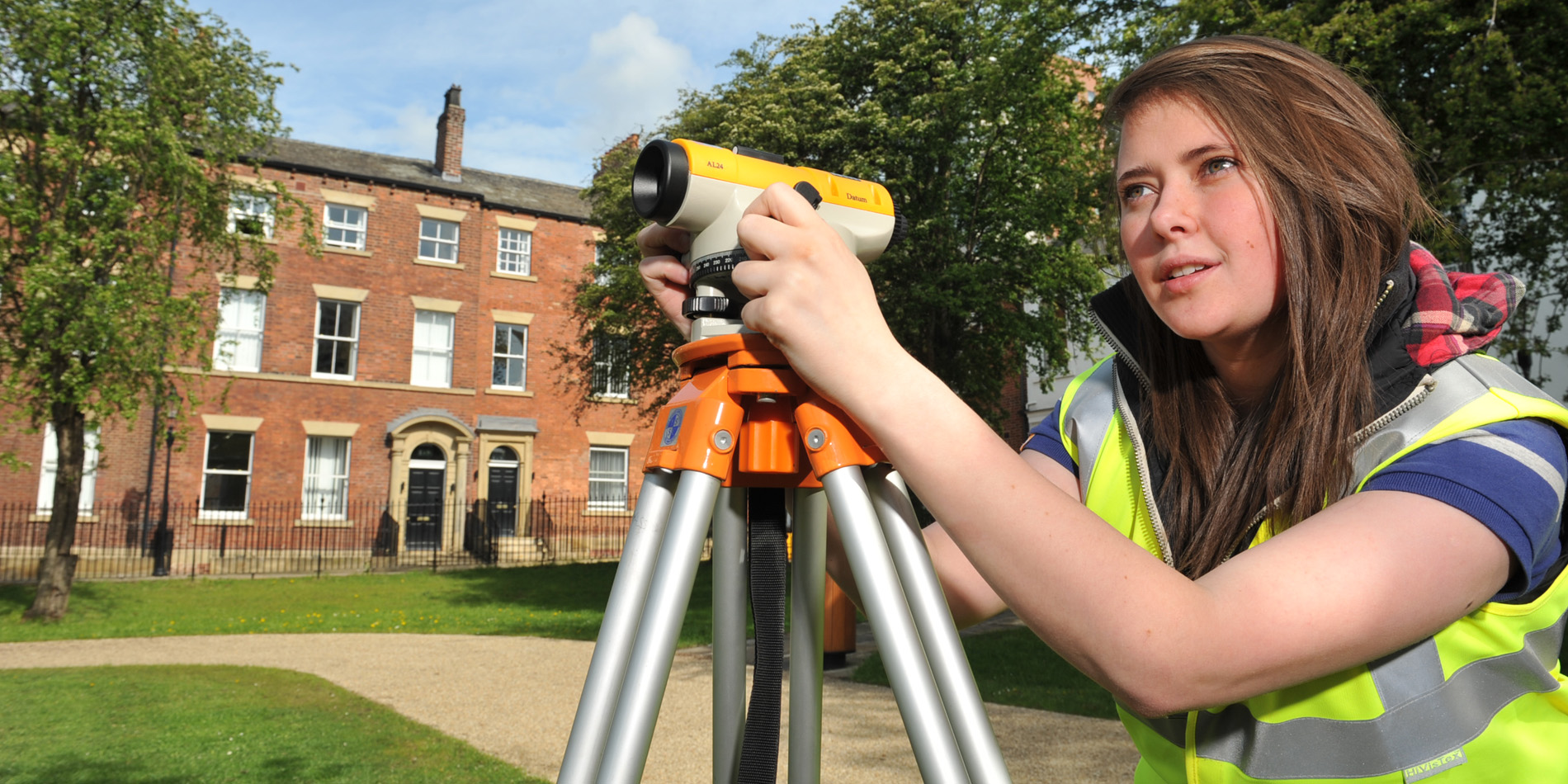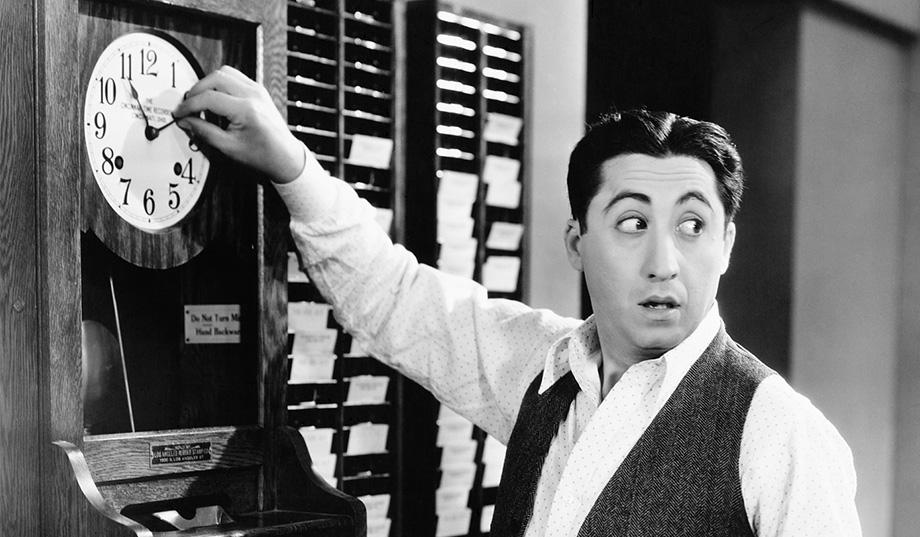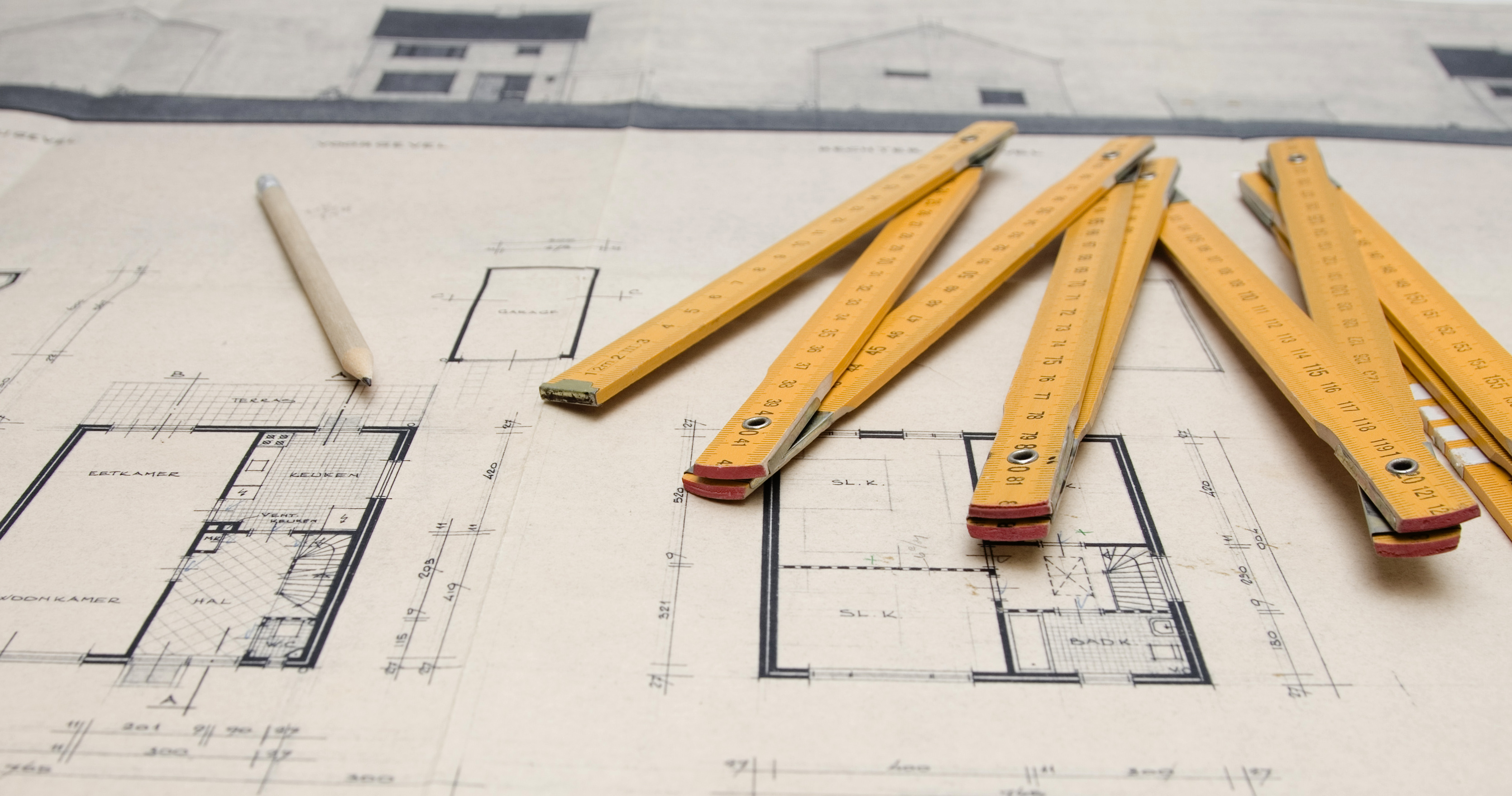10 Interview questions for a Quantity Surveyor
Are you looking for Quantity surveying jobs? As a surveyor you will be responsible for ensuring that buildings are constructed within a specified budget. Duties include calculating costs such as labour and material prices. This position involves working in a team and liaising with architects as well as clients. Once the quantity surveyor has assessed the architectural plans and calculated the various expenses, they are required to draw up a detailed report. The report is used on construction jobs to offer their clients a quote. Once the job is given the go ahead Quantity Surveyors oversee payment schedules. If you are going to interviews for Quantity surveyor jobs it is essential to prepare. Here are some questions that you can expect to be asked as well as guidelines on how to answer.

1. Why would you like to work for us?
It is important to research the company prior to the interview. Find out what projects the company typically works on so that you can relate them to your own experience and interests.
2. What are your strengths?
When you are preparing for your interview it is important to consider what skills your prospective employers are looking for. When you answer this question you should show that you are interested in architecture. It is also beneficial if your prospective employers can see that you are an observant, practical and methodical person. Qualities such as reliability and trustworthiness are also advantageous.
3. What experience do you have in the industry?
Many positions require you to have relevant experience for the job that you are applying for. If you have no work experience you can consider becoming an assistant quantity surveyor or you could apply for a position in the construction industry to develop your skills. Your prospective employers will be checking to see if you have the skills to work as part of a team. It is also important that you can read and comprehend architectural plans as well as use mathematical formulas. Experience preparing tenders and setting up payment schedules are also advantageous.

4. What are your qualifications?
To become a Quantity Surveyor you will need a Bachelor’s Degree in Quantity Surveying as well as an Honours qualification. After completing three years of work experience you can complete the registration process with the SACQSP to become a Professional Quantity Surveyor. If you have completed additional training, it could help you to have a competitive edge against other job applicants.
5. Why are you looking to move on from your current role?
When you answer this question don’t talk badly about your past employers or colleagues. Relate the question back to your career goals and the reasons why you would like to work for your prospective employers.
6. Have you ever had to deal with a dispute over the valuation of work carried out?
It is important to show your interviewers that you have good communication and conflict resolution skills. Quantity Surveyor jobs will require you to work as part of a team so superior interpersonal skills are important. Liaising with clients also requires good communication capabilities.
7. Are you available to work overtime?
Show that you are flexible. As a Quantity Surveyor you may be required to work on the weekends or after hours in order to meet deadlines. If you are working on site, you may be required to work longer hours than when you are based in an office. If the site is located far away the position may require travel and flexibility.

8. Can you describe the typical duties that a Quantity Surveyor are responsible for?
Although duties vary, quantity surveying jobs generally involves determining the cost of a project as well as the time it will take to be completed. They liaise with suppliers to find the most cost effective materials and they write reports. They are required to monitor the expenditures and progress of projects as well as report to clients.
9. What are your career goals?
Be honest about your career goals and show that you are hard-working. If you want to specialise in an area of Quantity Surveying that is relevant to the position that you are applying for, it is a good idea to mention this. Specialisations may include project management, value engineering or tax. Becoming a member of the SACQSP can also be a good career choice.
10. Do you prefer working on-site or in an office? Why?
Quantity surveying jobs will entail working in an office with visits to the construction site. It is important to let your potential employers know that you are comfortable in both environments. It is also advisable to research the position which you are applying for to find out more about the working environment.

A Quantity surveyor can find employment in big companies who oversee large projects. They can also be self-employed and work on smaller jobs. Browse through the jobs on Job Mail, register your CV and apply. Here are some of the employment opportunities that you can find online:
Registered Quantity Surveyor
A position is available in a well-known company for a Registered Quantity Surveyor. Applicants must have a minimum of five years of experience. A BSc or BTech qualification is essential for this position.
Quantity Surveyor
A well-known company in the Western Cape has a vacancy for a Quantity Surveyor. A BTech in Quantity Surveying is required for this position. Applicants must have at least five years of experience as well as knowledge of Buildsmart.
Senior Quantity Surveyor
A position is available for a Senior Quantity Surveyor. Suitable candidates must have a BSc in Quantity Surveying and at least ten years of experience. Experience in the hospitality or residential industry is essential.
Interested in finding quantity surveying jobs? Register your CV on Job Mail today and find the perfect quantity surveyor jobs suited to your skills and experience.









